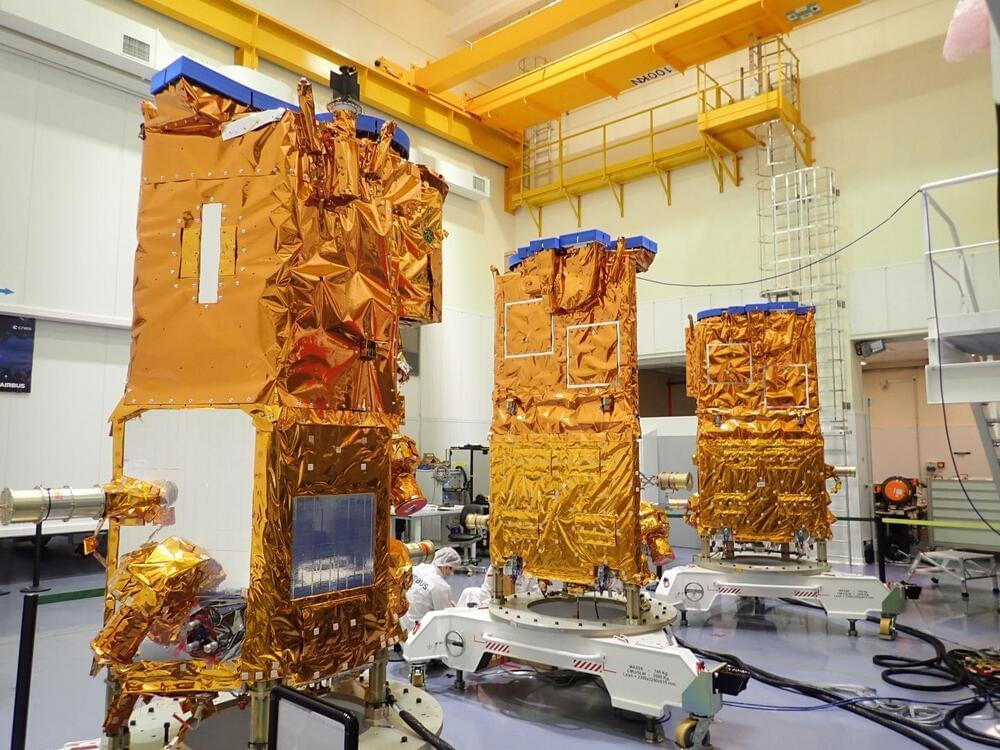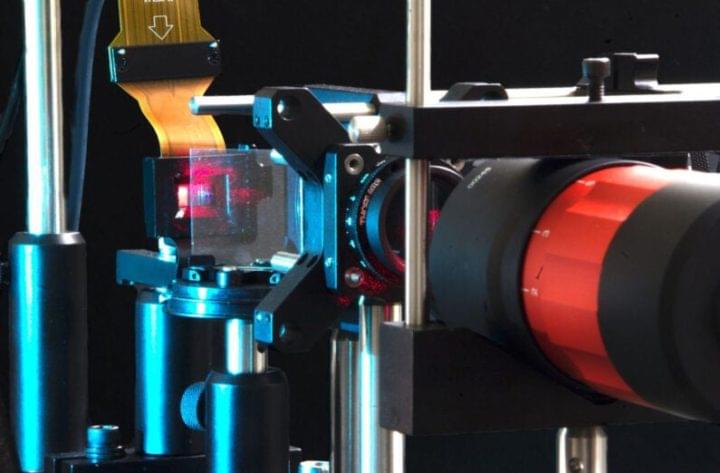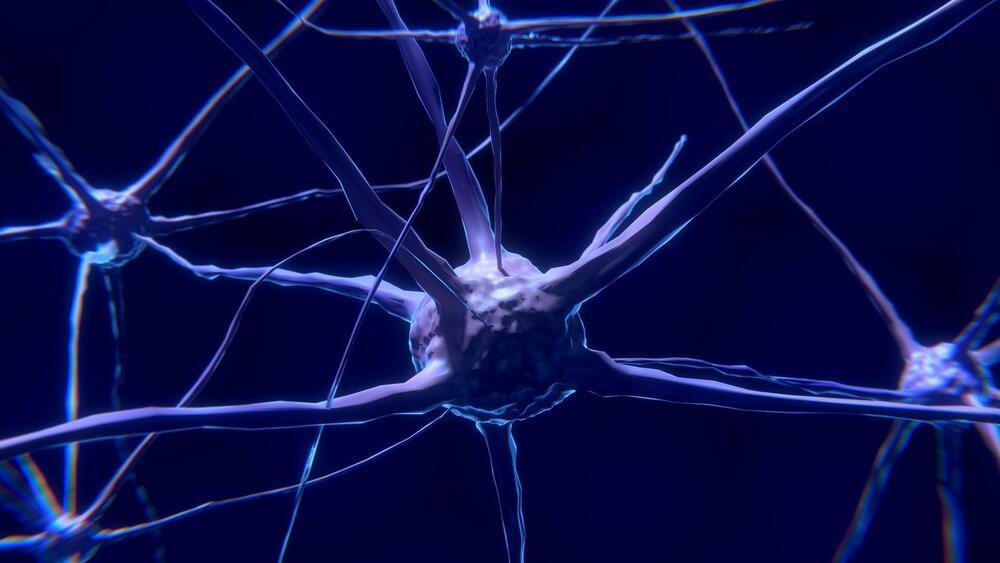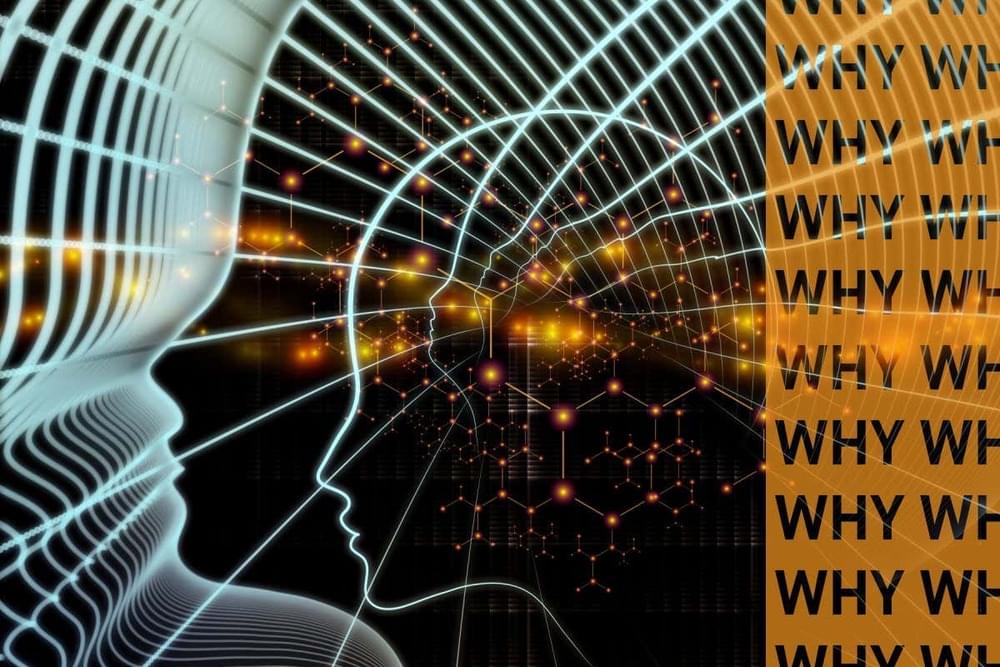Magnetic soft robots are systems that can change shape or perform different actions when a magnetic field is applied to them. These robots have numerous advantageous characteristics, including a wireless drive, high flexibility and infinite endurance.
In the future, micro-scale magnetic soft robots could be implemented in a variety of settings; for instance, helping humans to monitor the environment or to remotely perform biomedical procedures. Most of the systems developed so far, however, can only complete simple tasks and take on a limited number of shapes.
Researchers at the Chinese Academy of Sciences have recently devised a new technique for creating shape-programmable magnetic soft robots. This technique, outlined in a paper pre-published on arXiv and presented at the CCIR2021 conference, allowed them to create a new robot based on magnetic pixels that can change shapes and complete a variety of actions or tasks.






